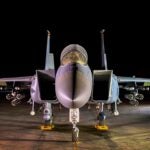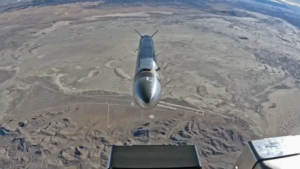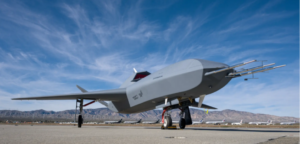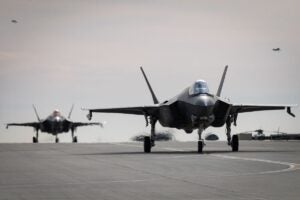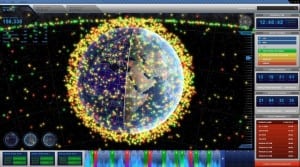
Raytheon [RTN] Monday split a pair of big ticket Air Force contract awards by beating Boeing [BA] for the Family of Advanced Beyond Line-of-Sight Terminals (FAB-T) contract but losing out to Lockheed Martin [LMT] for Space Fence. Raytheon was awarded a $298 million firm-fixed-price and cost-plus-fixed-fee modification for FAB-T command post terminals (CPT), according to a Defense Department statement. As a result of this decision, low-rate initial production (LRIP), full-rate production (FRP) and interim contractor support contract options may be…


